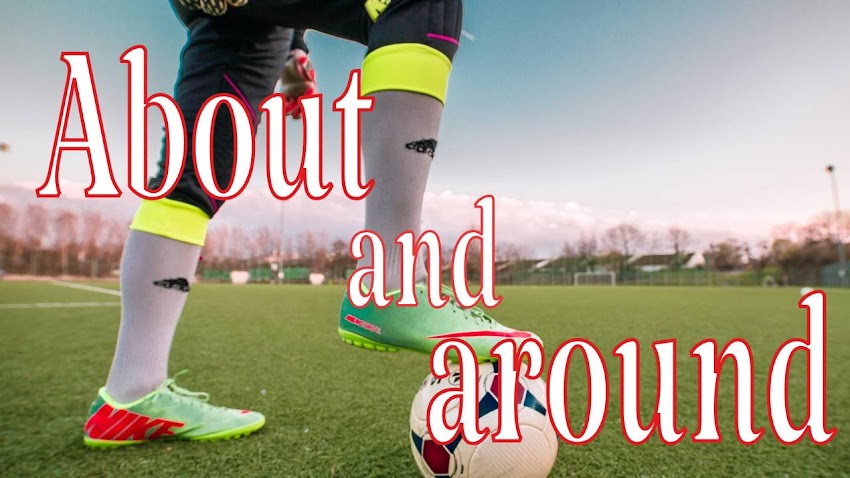Adverbial
By
Azora Koice
A
Image by Q K from Pixabay Remember the previous lesson? It's about Adverbs. Once adverb adds information to a clause, it's called an Adverbial which …
Read more »
Adverb
By
Azora Koice
A
Adverbs form a large and varied Word Class ( Part of Speech ). There're two main functions of adverbs: Adverbs add information to a clause (e.g. about …
Read more »
Adjective patterns
By
Azora Koice
A
Image by Biljana Jovanovic from Pixabay Some adjectives are followed by special patterns which complete their meaning. We'll learn here the most important…
Read more »
Adjective
By
Azora Koice
A
What is adjective? After nouns and verbs, adjective is the largest word class in English (some books use the term part of speech instead). They describe the …
Read more »
Actually
By
Azora Koice
A
What is "actually"? Actually word class is an adverb. Actually means "in fact" or "in reality". It's used in two ways: (1…
Read more »
Across (preposition or adverb)
By
Azora Koice
A
What is "across"? 1. Across as a preposition of place As a preposition of place, across means "on the other side of" or "to the othe…
Read more »
Accusative
By
Azora Koice
A
What is "accusative"? Accusative in grammar is the term sometimes used for pronouns like me, her, him, them, us, which can act as object of a claus…
Read more »
Abstract noun
By
Azora Koice
A
What is abstract noun? An abstract noun differs from a concrete noun . It refers to something which has no physical form, something which we can't see o…
Read more »
Above and below
By
Azora Koice
A
Above and below are both adverb or preposition or adjective. They have the opposite meanings. 1. Prepositions of place When they are used as prepositions …
Read more »
About and around
By
Azora Koice
A
About and around are both " prepositions " and " adverbs ". Their meaning is sometimes the same and sometimes different. Let's see…
Read more »
(Be) able to
By
Azora Koice
A
Be + able to + verb is a verb idiom. It has the same meaning as "can", but it's less common. Example: My mother is at the market. I'm not…
Read more »
a-words
By
Azora Koice
A
There're some common English words that begin with a- (pronounce [ə]) and have stress on the second syllable, for example, alike [əˈlaɪk], alone [əˈləʊn]. …
Read more »
Apologies
By
Azora Koice
A
When we apologise, we say "sorry" for something we should not have done. Intonation is important when we apologise, as we'll see in the example…
Read more »
Apart from
By
Azora Koice
A
Apart from is a preposition meaning "except for" or "in addition to". Ex: No one knew that one of the ship's engines had broken, a…
Read more »
Apposition
By
Azora Koice
A
What is apposition ? Apposition is a relation between two noun phrases which describe the same thing, person, etc. One of the phrases is a modifier of the o…
Read more »
Even if and even though
By
Azora Koice
E
These two phrases are subordinating conjunctions.
Read more »
Search
Latest
7-latest-65px
Sections
Popular Posts
-
Now is an adverb. 1. Adverb of time Now means: (1) "at this time", "at the present time". (2) "very soon...
-
" The " is called the "definite article". It's the most common word in English. It contrasts with the "indefi...
-
What are "articles"? The articles are a /ə/ , an /ən/ (called indefinite article), and the (definite article). See more...
-
A complement normally follows the verb phrase . The main verb is usually BE . A complement tells us something about the nature of the su...
-
Last is either an ordinal or adverb. It refers to anything or anyone that comes at the end of a series. 1. Last is the opposite of first...



















